Cats are known for their incredible sense of smell, which is up to 14 times stronger than ours. This sharp sense helps them navigate the world, but it also means certain everyday scents can be unpleasant or even stressful for them.
In this guide, we will explore the top 15 smells that cats hate, explain why they dislike them, and show you how to use this knowledge safely.
Understanding a Cat’s Powerful Sense of Smell
Before diving into the list, it is helpful to know how powerful your cat’s nose really is.
- Cats have about 200 million scent receptors, while humans have only around 5 million.
- Their sense of smell is estimated to be 14 times stronger than ours.
- Cats also have a vomeronasal organ (Jacobson’s organ) that helps detect pheromones.
Scents that seem mild to us can feel overwhelming to them, which explains why some smells are especially bothersome.
Signs Your Cat Dislikes a Smell
Cats often show clear behavioral and physical signs when they encounter a scent they hate. Watch for:
- Avoiding or refusing to approach the area
- Sneezing, coughing, or watery eyes
- Flattened ears or tail flicking
- Hiding, pacing, or sudden stress behaviors
If you notice these signs, remove the odor source and move your cat to a fresh, well-ventilated space.
Top 15 Smells Cats Hate the Most
Here are the most common scents that cats dislike and why they avoid them.
1. 🍊 Citrus (Orange, Lemon, Grapefruit)
- Reason: Contains strong limonene and acidic oils that overwhelm cats’ sensitive noses.
- Risk: ⚠️ Citrus oils can be mildly toxic if ingested.
- Tips: Use only natural peels or diluted lemon water (1:10), never pure essential oil.
2. 🌶️ Chili Peppers and Spicy Foods
- Reason: Capsaicin irritates nasal and eye receptors, triggering discomfort.
- Risk: ⚠️ Contact with eyes or mouth can cause severe irritation.
- Tips: Avoid using indoors. Try physical barriers or protective coverings instead.
3. 🧴 Essential Oils (Tea Tree, Eucalyptus, Peppermint)
- Reason: Highly concentrated compounds overwhelm their senses.
- Risk: ☠️ Many are toxic if inhaled, licked, or absorbed through skin.
- Tips: Avoid using in cat zones. If used, keep cats out and ventilate well.
4. 🧂 Vinegar
- Reason: The Sharp, acidic smell is unpleasant to cats.
- Risk: ⚠️ Not toxic but strong smell may deter litter box use.
- Tips: Use diluted (1:3 water) for cleaning, not inside the litter box.
5. 🧪 Household Cleaners (Bleach, Ammonia, Chlorine)
- Reason: Harsh chemical odors irritate the respiratory system.
- Risk: ☠️ Can cause breathing issues; ammonia may mimic urine and cause marking.
- Tips: Use pet-safe cleaners, ventilate well, and keep cats out until dry.
6. 🌿 Strong Herbs and Spices (Cinnamon, Mustard, Mint)
- Reason: Intense herbal aromas overwhelm their senses.
- Risk: Can upset the stomach if ingested.
- Tips: Place only in out-of-reach areas, avoid loose powders.
7. 🚬 Cigarette Smoke
- Reason: Harsh odor and chemicals are unpleasant.
- Risk: ☠️ Causes respiratory issues; third-hand smoke residue lingers on fabrics.
- Tips: Smoke outdoors, use air purifiers, wash fabrics and bedding often.
8. 🌸 Perfumes and Colognes
- Reason: Strong synthetic fragrances overload their senses.
- Risk: ⚠️ May cause sneezing, watery eyes, or stress.
- Tips: Choose unscented or light scents, avoid spraying near cats.
9. 🌿 Eucalyptus
- Reason: Sharp medicinal odor cats dislike.
- Risk: ☠️ Toxic if chewed or licked.
- Tips: Avoid eucalyptus plants, essential oils, or cleaners indoors.
10. 🌲 Pine and Cedar
Pine and cedar are common in some litters, but their strong natural oils can irritate cats. Choose unscented litter if your cat avoids the box.
- Reason: Contains phenols and resinous compounds with strong odors.
- Risk: ⚠️ Can irritate airways and discourage litter box use.
- Tips: Use unscented litter. If your cat avoids it, switch to paper or clay.
11. ☕ Coffee Grounds
- Reason: Bitter, strong aroma cats find unpleasant.
- Risk: ☠️ Toxic if ingested.
- Tips: Place in sealed breathable pouches, out of reach from cats.
12. 🍷 Alcohol (Ethanol, Isopropyl)
- Reason: Strong, volatile smell irritates their noses.
- Risk: ☠️ Toxic even in small amounts.
- Tips: Let surfaces dry fully before letting cats contact them.
13. 🍌 Banana Peels
- Reason: Emit esters with a sharp odor cats dislike.
- Risk: ⚠️ Not toxic but rot quickly and attract insects.
- Tips: Use short-term, remove promptly.
14. 🕯️ Citronella
- Reason: Strong lemon-like scent repels cats.
- Risk: ☠️ Essential oil form is unsafe.
- Tips: Use outdoors only, never burn citronella candles near cats.
15. 🐾 Dirty Litter Box
- Reason: Ammonia and fecal odors signal unsanitary conditions.
- Risk: ⚠️ Causes stress and litter box avoidance.
- Tips: Scoop daily, wash weekly, provide one box per cat plus one extra.
| Smell | Why Cats Hate It | Toxic Risk | Safe to Use? |
|---|---|---|---|
| Citrus | Strong acidic oils overwhelm their nose | Mild if ingested | ✅ Use diluted / peels only |
| Chili peppers | Capsaicin irritates nose and eyes | Irritant if touched | ⚠️ Avoid indoor use |
| Essential oils | Very strong concentrated vapors | Highly toxic | ❌ Do not use near cats |
| Vinegar | Sharp acidic smell | Not toxic | ✅ Dilute before use |
| Household cleaners | Harsh chemicals irritate lungs | Toxic fumes | ⚠️ Use pet-safe only |
| Strong herbs/spices | Overpowering aromas | Mild if ingested | ⚠️ Keep out of reach |
| Cigarette smoke | Harsh odor and chemicals | Toxic long-term | ❌ Avoid indoors |
| Perfumes/colognes | Strong synthetic fragrances | Possible stress | ⚠️ Use lightly |
| Eucalyptus | Sharp medicinal smell | Toxic if ingested | ❌ Avoid completely |
| Pine and cedar | Strong phenolic scent | Can irritate airways | ⚠️ Use unscented litter |
| Coffee grounds | Bitter pungent smell | Toxic if eaten | ⚠️ Keep out of reach |
| Alcohol | Strong volatile smell | Toxic even small amounts | ⚠️ Let dry fully first |
| Banana peels | Sharp ester odor | Not toxic but spoil quickly | ✅ Use short-term |
| Citronella | Strong lemon-like scent | Toxic in oil form | ⚠️ Use outdoors only |
| Dirty litter box | Strong ammonia/fecal odor | Not toxic but stressful | ✅ Clean daily |
Keep the Litter Box Fresh — Automatically
A dirty litter box is a top stressor for cats — and ammonia builds up fast. Even daily scooping isn’t always enough.
Enter the Neakasa M1 Self-Cleaning Litter Box. It seals waste within minutes, locking in odors before your cat even notices. With built-in deodorization and a fully enclosed design, it’s the odor-free zone your cat deserves.
Less scooping. Zero stink. Happier cat.

- No more scooping, hands-free.
- Safe and easy with Open-top design.
- Great for cats up to 33 lbs.
How to Use Cat-Repellent Smells Safely at Home
If you want to deter your cat from certain areas or behaviors, you can use their dislike of these scents carefully.
- Place citrus peels, vinegar cloths, or coffee grounds in problem areas, but out of reach.
- Avoid toxic items like essential oils or eucalyptus around cats.
- Keep your cat’s main spaces free of strong or artificial scents.
- Maintain clean litter boxes to prevent odor aversion.
- Always pair deterrents with positive reinforcement and provide alternative scratching or climbing areas.
FAQs About Smells Cats Hate and Avoid
Q1: Can vinegar be used as a cat deterrent?
A1: Yes. Vinegar’s sharp scent repels most cats and is safe if used properly.
Q2: Are essential oils dangerous for cats?
A2: Many are. Tea tree, eucalyptus, and peppermint oils can cause poisoning or breathing issues. Avoid using them near cats.
Q3: Why does my cat avoid the litter box?
A3: Often, it is due to strong odors from a dirty box or scented litter. Clean the box daily and use unscented litter.
Q4: Can strong smells stress my cat out?
A4: Yes. Because of their powerful noses, overwhelming smells can cause anxiety, sneezing, or hiding behavior.
Q5: What should I do if my cat reacts badly to a smell?
A5: Remove the source immediately, move your cat to fresh air, and contact a vet if symptoms continue.
Conclusion: Creating a Cat-Friendly, Odor-Safe Home
Cats have incredibly sensitive noses. What smells pleasant to us can be overwhelming or even stressful to them. By avoiding the scents they dislike most and using some safely as deterrents, you can make your home more comfortable and cat-friendly.
A scent-conscious approach helps reduce stress, prevent problem behaviors, and keep your feline friend happy.


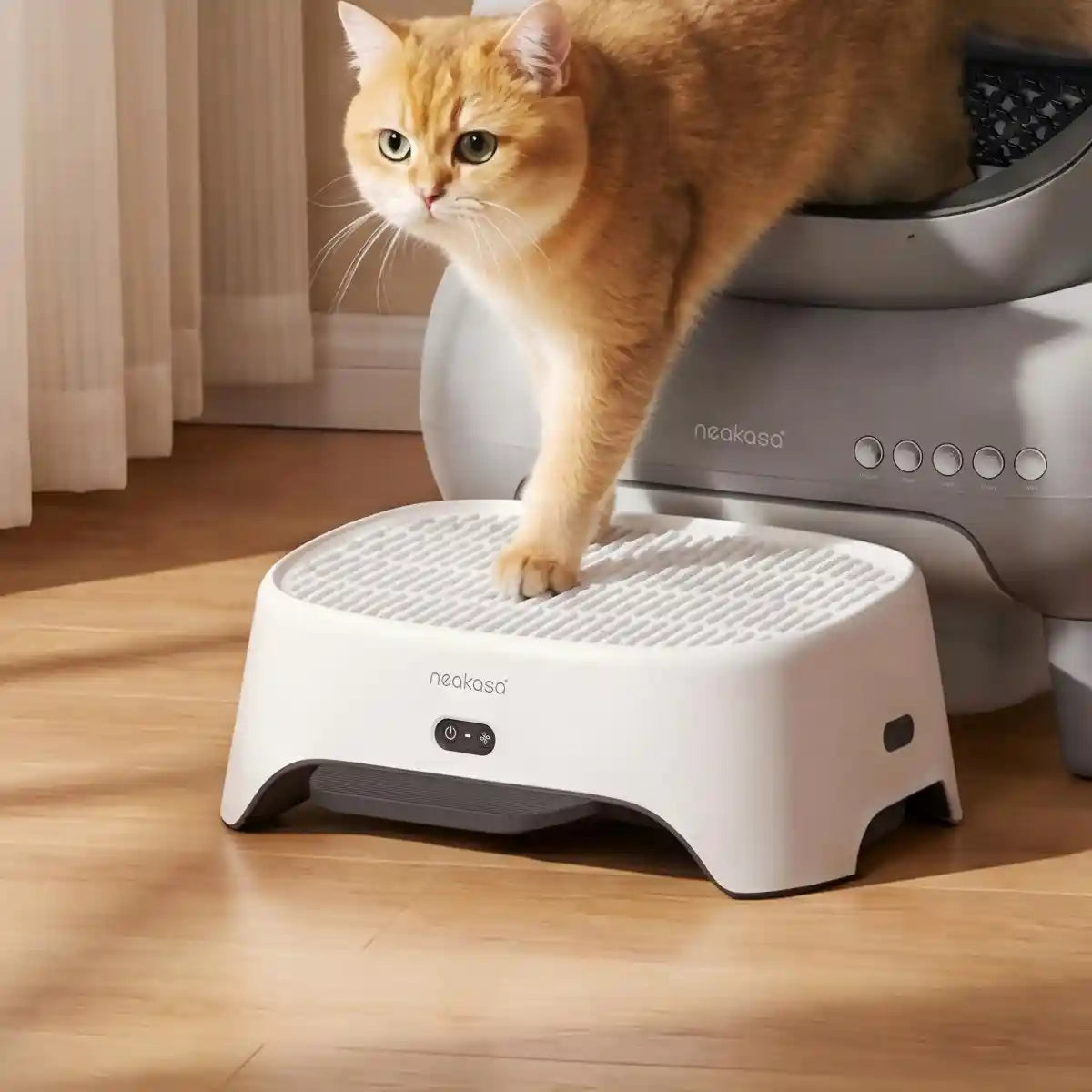
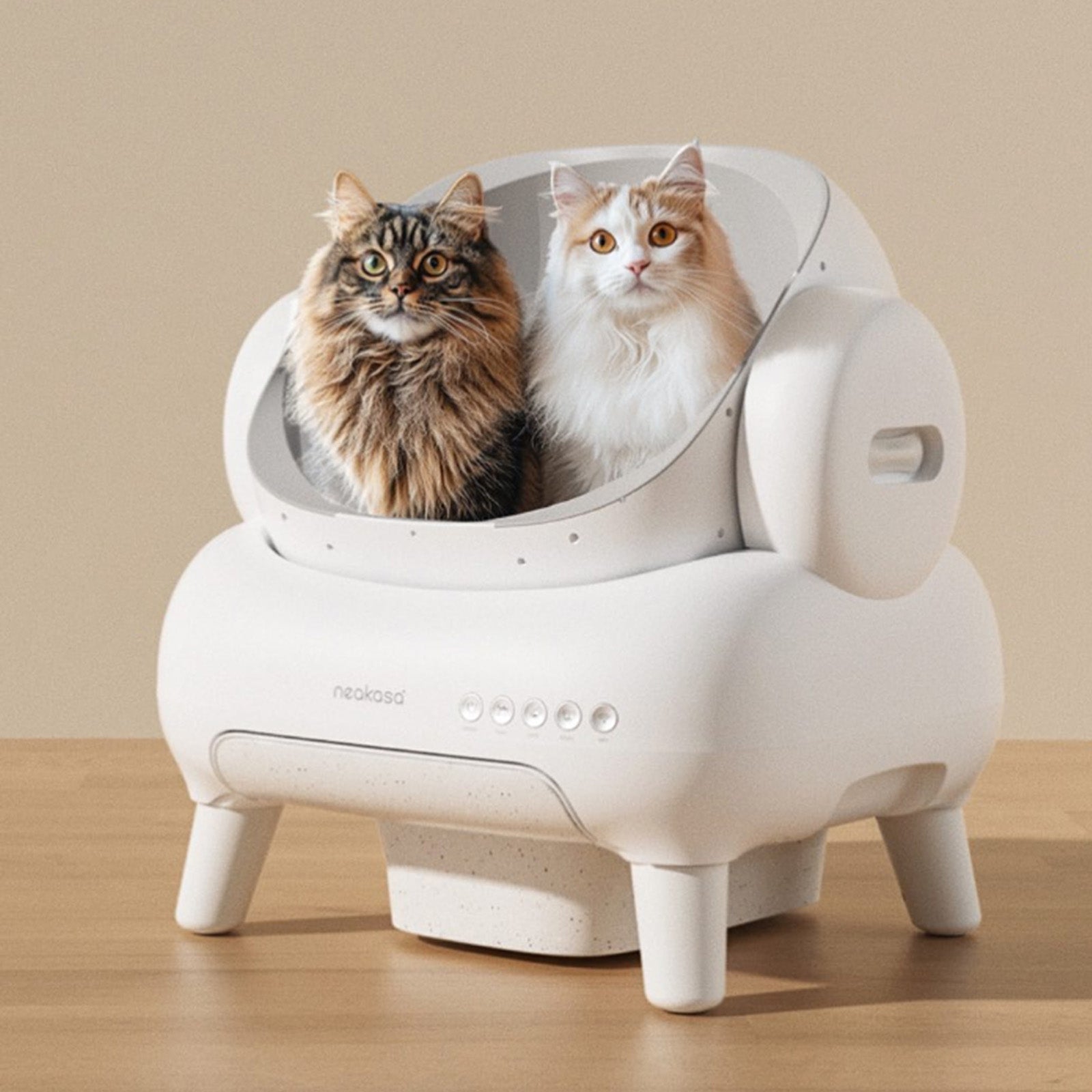

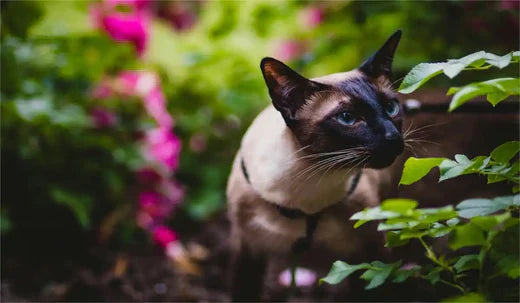
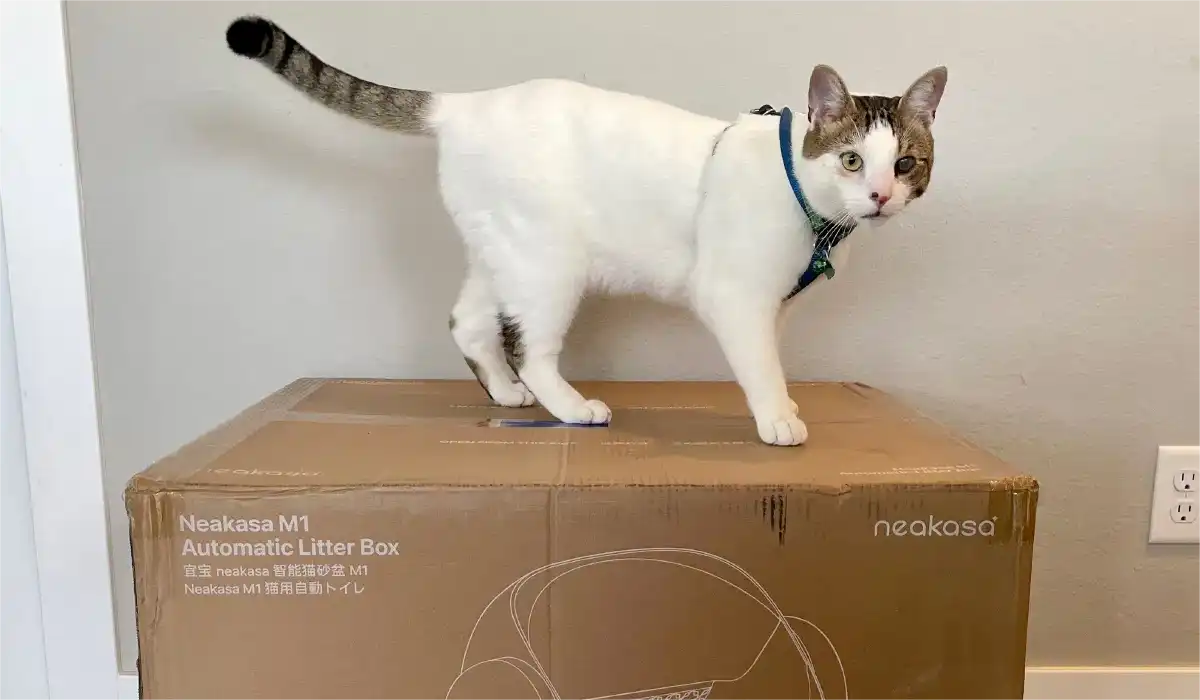
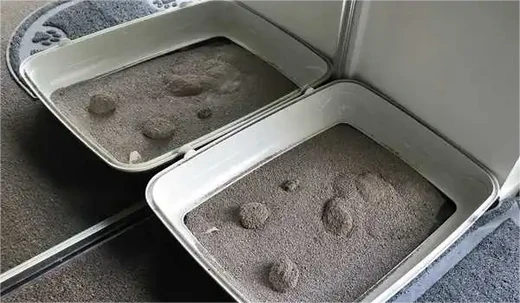
Leave a comment
This site is protected by hCaptcha and the hCaptcha Privacy Policy and Terms of Service apply.